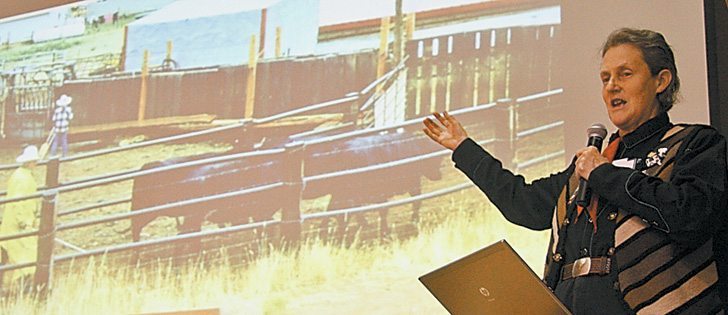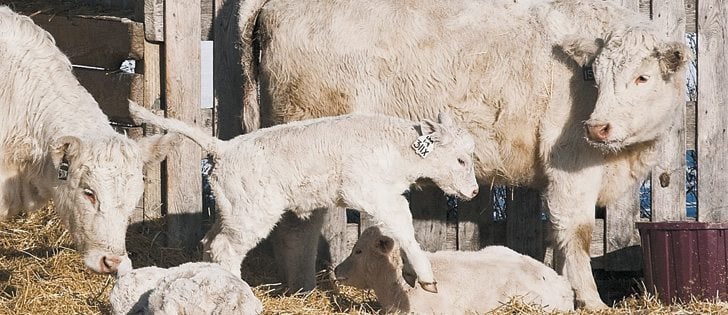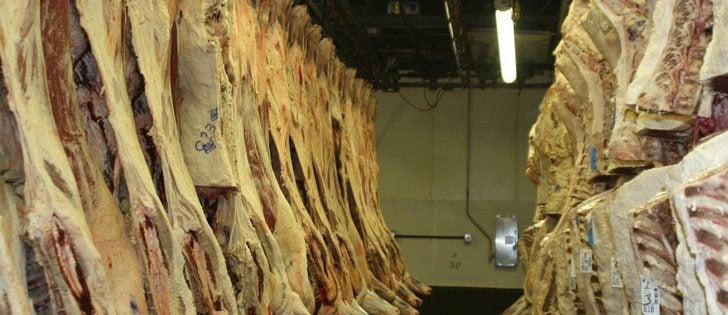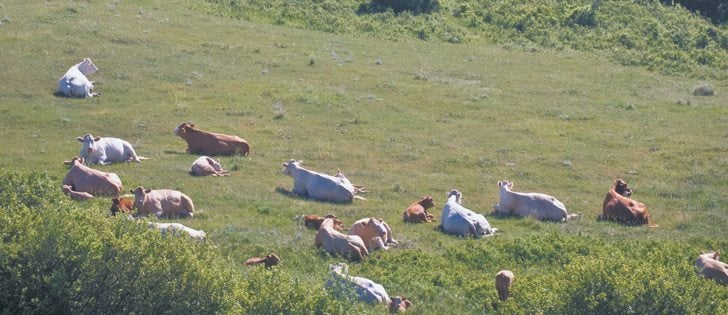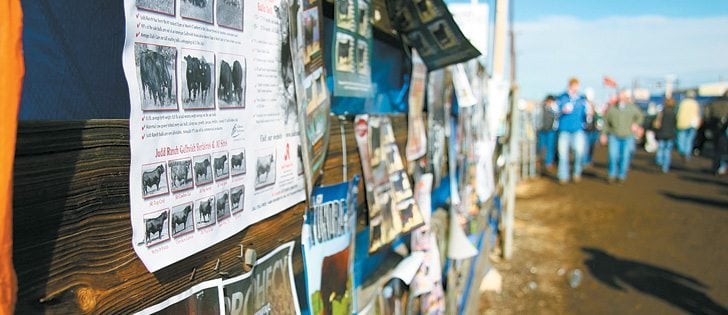Manitoba is on its own when it comes to regulating animal welfare, says the province’s chief veterinary officer.
Unlike most other jurisdictions in Canada, where the provincial SPCA handles welfare investigations and law enforcement, the Manitoba government takes a more direct approach.
“We deliver animal welfare en-forcement directly through the office of the chief veterinary officer. We do animal welfare for both farm animals and companion animals,” said Wayne Lees.
Most U.S. states follow the SPCA model.
In Manitoba, a small group of full-time government employees in the chief veterinary office manage the program.
Read Also
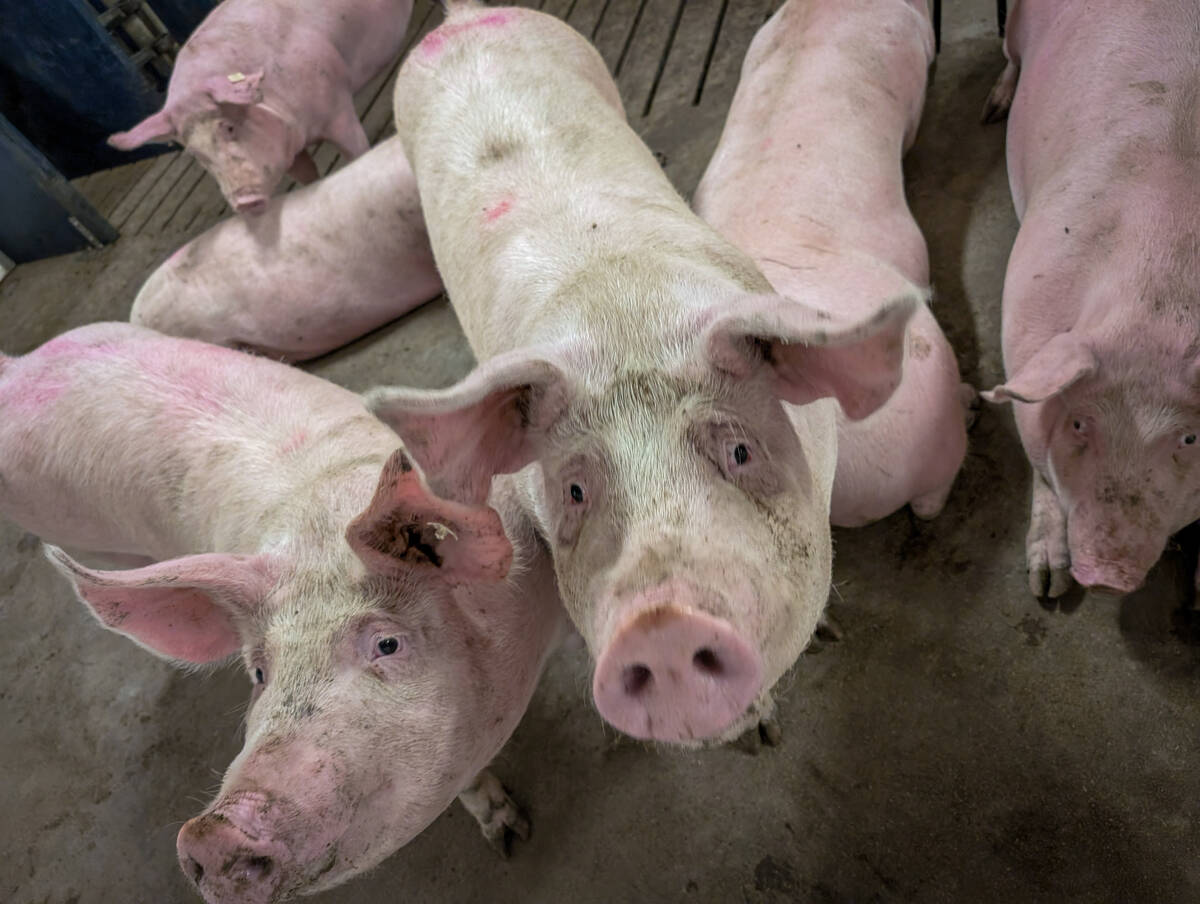
Pork sector targets sustainability
Manitoba Pork has a new guiding document, entitled Building a Sustainable Future, outlining its sustainability goals for the years to come.
They contract out the front-line work to about 60 vets, animal welfare technicians and other qualified people, who investigate and report on animal welfare complaints and tips.
Lees said an advantage with this approach is that inspectors aren’t employed by a charity.
“Our staff handle (cases) in what I would call … a very evenhanded approach. SPCAs sometimes get linked with animal welfare lobby groups,” Lees said.
“In Manitoba’s model, you get people who approach the situation extremely objectively. We’re not trying to advance any particular agenda.”
Crystal Mackay, executive director of Farm and Food Care in Ontario, said the officials who investigate complaints regarding cattle, pigs, chickens and sheep probably have a better understanding of the livestock industry’s protocols and practices.




